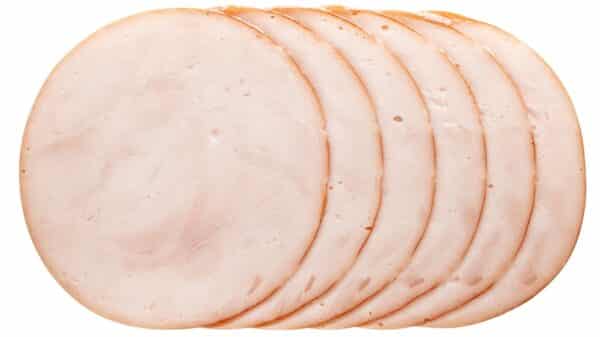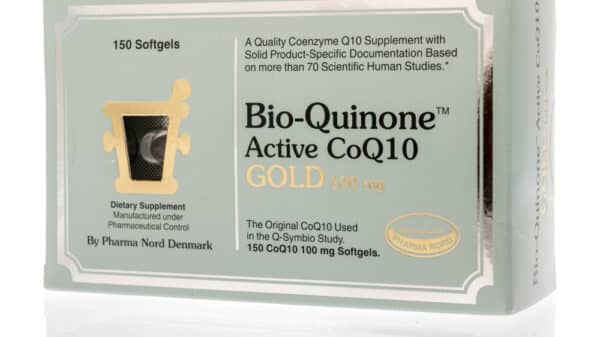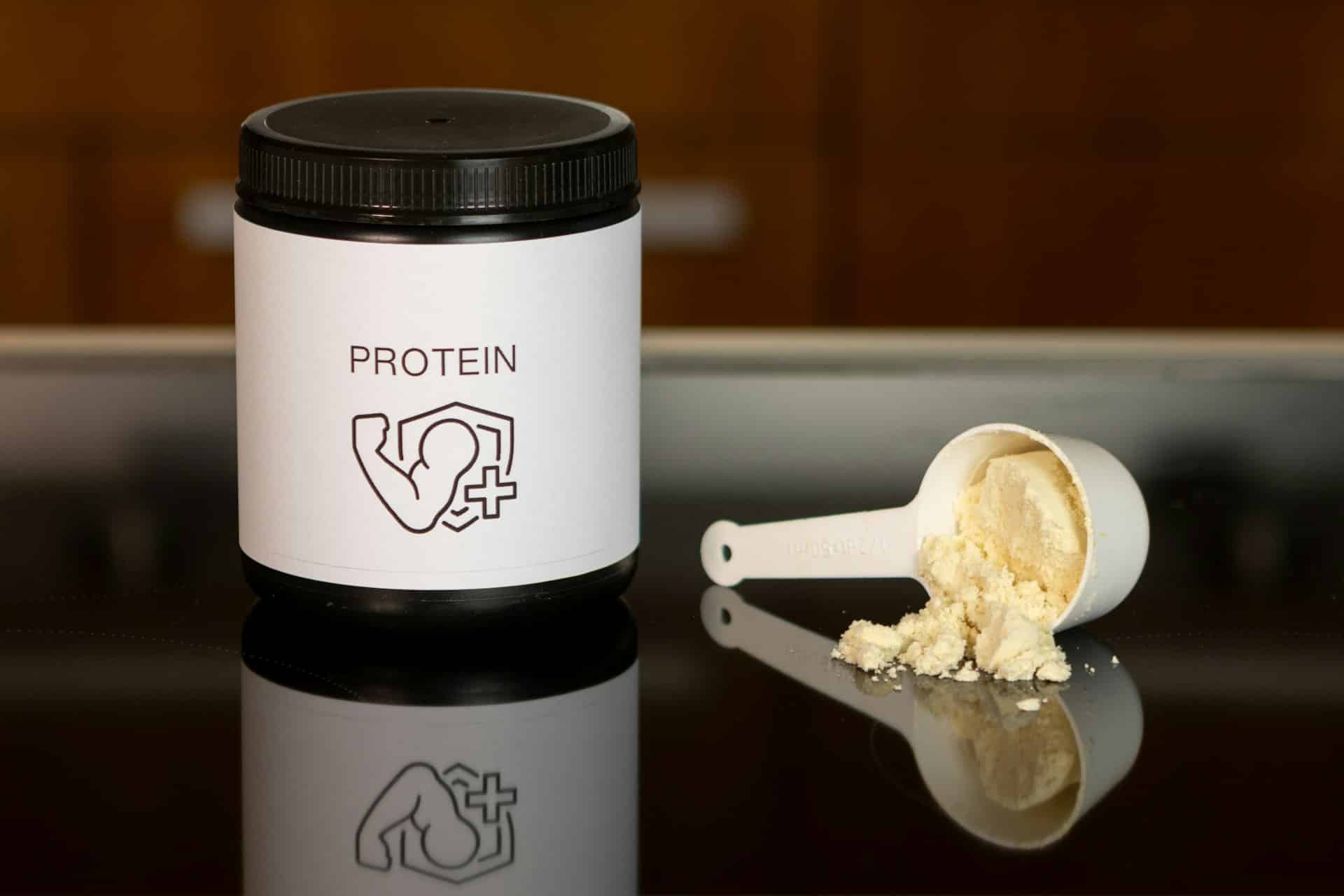Whey protein benefits are remarkable and vast, touching on everything from burning fat to building lean muscle, boosting your immune system, and even helping to prevent disease. Why is whey so effective? It’s because it offers an easily digestible and rapidly absorbable source of high-quality protein that outshines many other foods and supplements.
For athletes and bodybuilders, whey protein has become a go-to choice, primarily due to its impressive muscle-building capabilities. Not only does it help you increase muscle mass and improve body composition, but it also accelerates the recovery process for fatigued muscles after those tough workouts. According to research published in the *Journal of Food Science*, whey protein is celebrated for its high-quality amino acid profile and quick digestibility, which translates to faster healing and growth for your muscles.
What is Whey Protein?
Whey protein comes from milk, specifically from the liquid that remains after cheese-making, when coagulation and curd removal occur. In 100 milliliters of cow’s milk, you’ll find about 3.5 grams of protein, with casein accounting for 80% and whey providing the remaining 20%.
What sets whey apart is its higher concentration of branched-chain amino acids (BCAAs) compared to casein. These BCAAs play a crucial role in speeding up protein synthesis, making whey a more effective option for muscle recovery. Studies indicate that whey protein is also more soluble and digests faster than casein, which is great news if you’re looking to maximize your post-workout nutrition.
Whey protein is a complex substance that’s rich in protein, lactose, minerals, immunoglobulins, and trace amounts of fat. It’s this unique combination that transforms whey into a superfood for those looking to shed fat and develop lean muscle.
You’ll typically find three main types of whey protein on the market, each distinguished by the processing method:
1. Whey Protein Concentrate: This is the least processed form, retaining most of the healthy nutrients found in whey. It has a slightly higher fat content and a delightful flavor because of its lactose, which some people find more satisfying.
2. Whey Protein Isolate: A more processed variant, whey protein isolate has most of the carbs and fats stripped away, giving you approximately 90% protein per serving. However, this processing can denature proteins, making them tougher to digest for some.
3. Whey Protein Hydrolysate: This type goes through hydrolysis, breaking down larger proteins into smaller, easier-to-digest peptides. Hydrolysates are absorbed more quickly, which can help with muscle growth, especially for serious athletes. However, they are the most processed and can lose some of their effectiveness due to the denaturation process.
Nutritional Facts
A typical scoop of whey protein powder (around 19.5 grams) contains:
– Calories: 75.1
– Total Carbohydrates: 3.5 g
– Sugar: 1 g
– Total Fat: 1 g
– Saturated Fat: 0.5 g
– Polyunsaturated Fat: 0.2 g
– Monounsaturated Fat: 0.1 g
– Protein: 13 g
– Sodium: 75.1 mg (3% DV)
– Copper: 0.2 mg (22% DV)
– Vitamin A: 2.9 mcg (19% DV)
– Phosphorus: 125 mg (18% DV)
– Vitamin B12: 0.4 mcg (17% DV)
– Riboflavin: 0.2 mg (15% DV)
– Vitamin B6: 0.2 mg (15% DV)
– Niacin: 2 mg (13% DV)
– Zinc: 1.4 mg (13% DV)
– Magnesium: 35.3 mg (11% DV)
– Folate: 39 mcg (10% DV)
– Selenium: 4.8 mcg (9% DV)
– Thiamine: 0.2 mg (8% DV)
– Calcium: 49.9 mg (5% DV)
One of the standout features of whey protein is its abundance of essential amino acids, particularly BCAAs, which are crucial for muscle recovery and growth. Among these, cysteine is noteworthy as it enhances levels of glutathione, a powerful antioxidant that can potentially reduce the risk of cancer and combat oxidative stress-related diseases.
In essence, adding whey protein to your diet can be a game-changer whether you’re aiming to lose weight, build muscle, or simply enhance your overall health. It’s not just about the numbers; it’s about feeling stronger, healthier, and more vibrant in your day-to-day life. If you’re on this journey, keep that in mind—you’re not just supplementing; you’re investing in your well-being.Whey protein has emerged as a powerhouse supplement, especially for those interested in fitness, weight loss, or simply improving their overall health. It’s not just another fad—backed by science and a growing body of research, whey protein offers substantial benefits that can genuinely transform your fitness journey and lifestyle.
1. Increases Strength and Builds Muscle
Whey protein is an excellent option for anyone looking to enhance muscle growth without adding unnecessary calories from fats or carbohydrates. With a protein content typically ranging from 80 to 90 percent, it supplies your body with the essential building blocks to not only increase muscle mass but also recover effectively post-workout.
Think about it: you’ve probably heard the buzz surrounding muscle synthesis, and there’s a reason for that. A study in the *Journal of Food Science* highlighted that whey protein stands out compared to other protein sources like casein and soy. When combined with resistance training, it has shown significant potential in promoting muscle mass gains and even helps maintain muscle as you age.
If you’re wondering just how much protein you should be consuming daily to see results, a research study from Baylor University revealed that supplementing with 20 grams of protein daily—made up of a mix of whey and casein—led to impressive increases in muscle strength and fat-free body mass. So if you’ve been putting in the effort at the gym but not seeing results, this could make a world of difference.
2. Burns Fat
Looking to shed those extra pounds? A 2014 meta-analysis in the *Journal of the American College of Nutrition* showcased that individuals supplementing with whey protein experienced significant decreases in body fat and overall weight. The most impressive effects were seen among those who combined supplementation with resistance training—proving that teamwork really does make the dream work!
A study from *Nutrition and Metabolism* took it further by evaluating a specialized whey supplement among participants cutting their caloric intake. Those who supplemented with whey not only lost more body fat but managed to preserve their lean muscle too. If fast weight loss is your goal, adding whey protein can be an asset you don’t want to overlook.
3. Helps Reduce Cravings
Struggling with cravings? You’re not alone. Whey protein appears to interact with two key hormones, ghrelin and leptin, that influence your appetite. Leptin primarily helps keep your energy balanced and curbs your food intake, while ghrelin signals hunger to your brain.
Research shows that in obese individuals, leptin levels tend to be elevated, while ghrelin levels drop. Whey protein can help balance these hormones, effectively reducing cravings and making it easier to resist that extra slice of pizza or those late-night snacks.
A significant study from the *Mediterranean Journal of Nutrition and Metabolism* found that whey protein consumption effectively lowered caloric intake through various physiological methods. Essentially, the amino acids in whey signal your body to feel full, allowing you to enjoy meals without overindulging.
4. May Stabilize Blood Sugar Levels
Whey protein can also play a crucial role in regulating your blood sugar, particularly when consumed before meals. It’s particularly effective when paired with high-glycemic index foods, helping to stimulate insulin production and prevent blood sugar spikes—all crucial for anyone managing diabetes.
According to research published in the *World Journal of Diabetes*, whey protein not only slows gastric emptying but also encourages insulin release and gut hormones that support blood sugar stability. By simply incorporating a whey shake into your routine, you might find that you feel more energetic and less likely to experience those sugar crashes that leave you reaching for more snacks.
5. Can Improve Energy
If you often feel worn out after your workouts, whey protein could be the boost you need. It helps increase glycogen stores, the body’s primary energy source during intense activities, ensuring you have what you need for your workout. Plus, its fast digestion means you can access that energy quickly.
Research in the *Journal of Sports Science and Medicine* supports this, revealing that women engaging in resistance training noted improved performance metrics—such as agility and muscle endurance—after consuming whey protein. Think of it as a natural energy drink! The amino acids found in whey help prevent muscle fatigue and ensure you’re recharged for whatever challenge lies ahead.
In summary, adding whey protein to your routine isn’t just about boosting your muscle gains; it can significantly affect your weight management, cravings, blood sugar levels, and overall energy. Whether you’re a seasoned athlete or simply looking to improve your health, the benefits of whey protein can genuinely support you in reaching your goals. So why not give it a try and see for yourself?Recovery after a workout is not just about hitting the gym; it’s about how you nourish and care for your body afterwards. One of the standout players in this recovery game is whey protein, a powerhouse that offers numerous benefits. Let’s dive into why incorporating it into your post-workout routine can be a game changer for your health.
Whey protein is rich in cysteine, an amino acid crucial for producing glutathione, our body’s master antioxidant. This little gem is found in every cell and plays a vital role in detoxifying our system, eliminating free radicals that can lead to cell damage and even diseases like cancer, Parkinson’s, and Alzheimer’s. In fact, researchers at Ohio State University found that supplementing with hydrolyzed whey protein isolate increased intracellular glutathione concentrations by an impressive 64%. That’s a significant boost for anyone looking to protect their body from environmental toxins and bolster their immune defenses.
Now, let’s talk about immunity. Because whey protein enhances glutathione production, it naturally uplifts your immune system. Think of it as your body’s built-in shield. Glutathione amplifies the power of other antioxidants, such as vitamin C, vitamin E, and CoQ10, enhancing their effectiveness. Plus, whey protein comes packed with essential vitamins, including vitamin D, which is known for its immune-boosting properties. A study published in the *Journal of the International Society of Sports Nutrition* even showed that whey protein aids recovery after exercise, helping to stave off issues like oxidative stress and inflammation.
Speaking of protecting your body, studies indicate that whey protein is also a key player when it comes to heart health. It’s shown to reduce blood pressure and arterial stiffness while improving lipid profiles. In simple terms, this means it can help lower your risk for cardiovascular issues, especially if you’re managing your weight. A study involving 42 participants revealed that those consuming whey protein experienced significant drops in blood pressure and improved circulation over eight weeks. It’s all about those little steps that contribute to a healthier heart.
Moreover, if you’re wondering about longevity, whey protein might be the answer. As we age, our bodies naturally lose muscle mass and cell function begins to deteriorate. Whey protein helps counteract this decline, making it a fantastic ally in maintaining muscle strength and nutrient absorption. Research from Germany showed that older adults who supplemented with whey protein saw positive impacts on muscle growth and strength. A separate study highlighted that increased protein intake also supports cardiovascular function and helps keep energy levels in check. While more research is needed, these findings are promising for anyone looking to enhance their health with a simple addition to their diet.
When it comes to choosing the best whey protein, there are some essential factors to consider. Make sure to opt for whey concentrate derived from grass-fed cows to maximize the quality of the protein. Look for brands that are organic and free of artificial ingredients, gluten, and GMOs. You may also encounter A1 and A2 whey protein options on the market; A2 has been found to be easier on digestion, so it’s a great choice if you’re sensitive to dairy.
To enjoy the benefits of whey protein, simply add one scoop to eight ounces of liquid, like water or unsweetened almond milk. A blender or shaker bottle can help create a smooth, enjoyable texture. You can also get creative! Blend it into a smoothie with fruits, mix it into oatmeal or yogurt, or even add it to your morning coffee for a protein boost. Aim to consume whey protein in the morning, after workouts, or as an afternoon snack to keep your energy levels steady throughout the day.
While whey protein is packed with benefits, it’s important to remember that it’s not suitable for everyone. Those with a milk allergy or lactose intolerance should avoid it to prevent discomfort.
So, if you’re looking to level up your recovery and overall health, consider making whey protein a regular part of your routine. With its wide-ranging benefits, it just might be the boost your body needs to feel its best.What are the potential risks associated with whey protein? If you’re sensitive to lactose, you might find yourself grappling with gas, bloating, cramps, fatigue, headaches, and even irritability after using whey protein. These unpleasant symptoms can dampen your workout routine and overall well-being.
Additionally, certain whey products—especially isolates that contain artificial sweeteners—can exacerbate these issues. These additives can be tougher on your digestive system, leading to discomfort that could make you question your protein choice. It’s essential to pay attention to how your body reacts.
If you don’t have an allergy to whey, opting for high-quality whey protein is crucial. Choosing less processed products means you’re likely to avoid unnecessary artificial ingredients and chemicals, making it easier for your body to digest and absorb the nutrients that support your fitness goals.
For those who find whey protein isn’t a fit—maybe due to digestive issues or dietary preferences—consider alternatives. Bone broth-based protein powders, collagen protein, or plant-based options like pea protein or sprouted brown rice protein can provide similar benefits without the drawbacks that come with whey.
Image Source: Unsplash
































